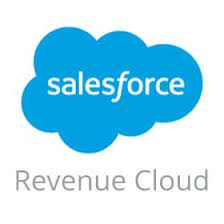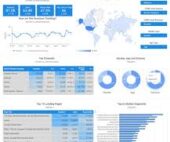Salesforce CPQ, now known as Revenue Cloud, became part of Salesforce through the acquisition of Steelbrick in 2015. CPQ, which stands for “Configure, Price, Quote,” goes beyond the basic functionality of Opportunities Products & Quotes. It empowers customers to sell intricate combinations of Salesforce products. Salesforce CPQ and billing bring many front office and back office features together.
With Salesforce CPQ companies can provide accurate pricing for any given product with any optional configurations, lessening errors and shortening sales cycles. Quotes are built quickly, accurately, and in compliance with business requirements.
What is CPQ Software?
CPQ, Configure-Price-Quote, is software that automates pricing and proposal generation of complex, variable offerings. CPQ tools help reduce average sales time and increase average deal size, boosting ROI.
C – Configure: Reps and customers identify, choose, and combine components of complex products/services according to rules and limitations. This eliminates errors like combining the wrong elements.
P – Price: Complex pricing models can be difficult to navigate manually. CPQ eliminates pricing errors and presents sales reps and customers appropriate upsells and cross-sells, which helps increase order size.
Q – Quote: The CPQ automatically generates error-free proposals and quotes, which saves time compared to manual quote preparation, and eliminates the human error factor.

Salesforce CPQ originally offered by SteelBrick LLFC has been a Salesforce tool since 2009.
Salesforce CPQ boasts features such as product and price rules that assist sales users in creating precise quotes with complex sets of products, along with a quote generation engine.
In contrast, Billing serves as an add-on to Salesforce CPQ. Once the quote is finalized, Billing takes charge of the process, managing invoicing, payments, and revenue recognition.













